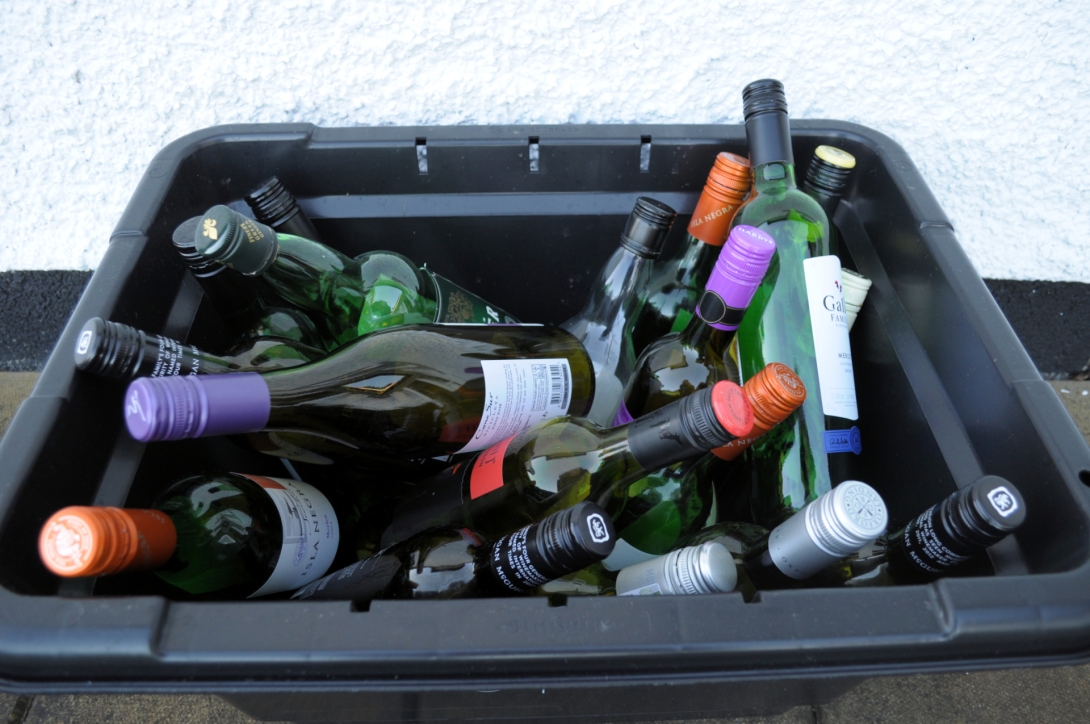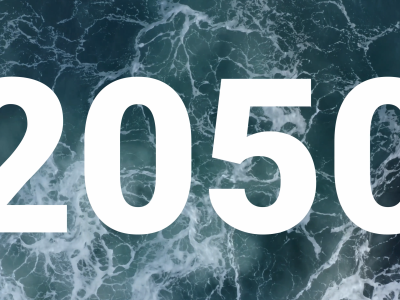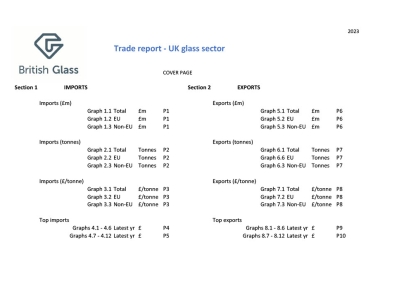
Following the publishing of the 2021 and 2022 glass recycling targets for businesses by UK government, British Glass, the representative body for glass packaging manufacturers, welcomes the increase in the glass remelt target from 67% to 72%.
Ahead of the Spring budget in March 2020, British Glass wrote to the chancellor asking to increase glass recycling targets as part of the glass sector’s commitment to decarbonise.
Improvements to recycling account for around a third of the required reductions by the sector while every tonne of cullet (recycled glass) used in the manufacture of new bottles and jars saves around 580kg of CO2 compared to using raw materials. The raising of the glass remelt target for the next two years will support the decarbonisation of the glass sector, boost the circular economy of glass and encourage closed loop ‘bottle to bottle’ glass recycling.
Lead Packaging and Recycling Adviser for British Glass, Phillip Fenton said:
“The UK glass sector is successfully and continuously improving its recycling record with kerbside and bring sites collecting around 76% of glass packaging for recycling into new bottles and jars.
“We recognise the needs of the climate emergency, and by increasing the amount of glass recycled alongside the percentage of recycled content in glass packaging, we are reducing the emissions of the glass sector.
“We are committed to going further which is why we are pleased to see the Government’s remelt target increase to ensure more high value ‘bottle to bottle’ recycling. We would like to see this remelt target continue to increase over the coming years to ensure more of the glass that is collected for recycling is remelted back into glass, rather than used in aggregates.
“When the public recycle their glass bottles, they want those bottles to be remelted into new bottles and jars rather than being used for road aggregate, this is why a high remelt target for glass is critical.
“In addition to this, we are leading the UK Close the Glass Loop project to achieve a 90% collection for recycling rate for glass by 2030 – we want to see every glass bottle and jar recycled.
“We believe the most effective route to increasing glass recycling in the UK is through an extended producer responsibility scheme to enhance existing recycling infrastructure, consistent collections and messaging, and a high target for glass remelt - a deposit return scheme is not the right solution for glass and would damage glass recycling rates in the UK.”


